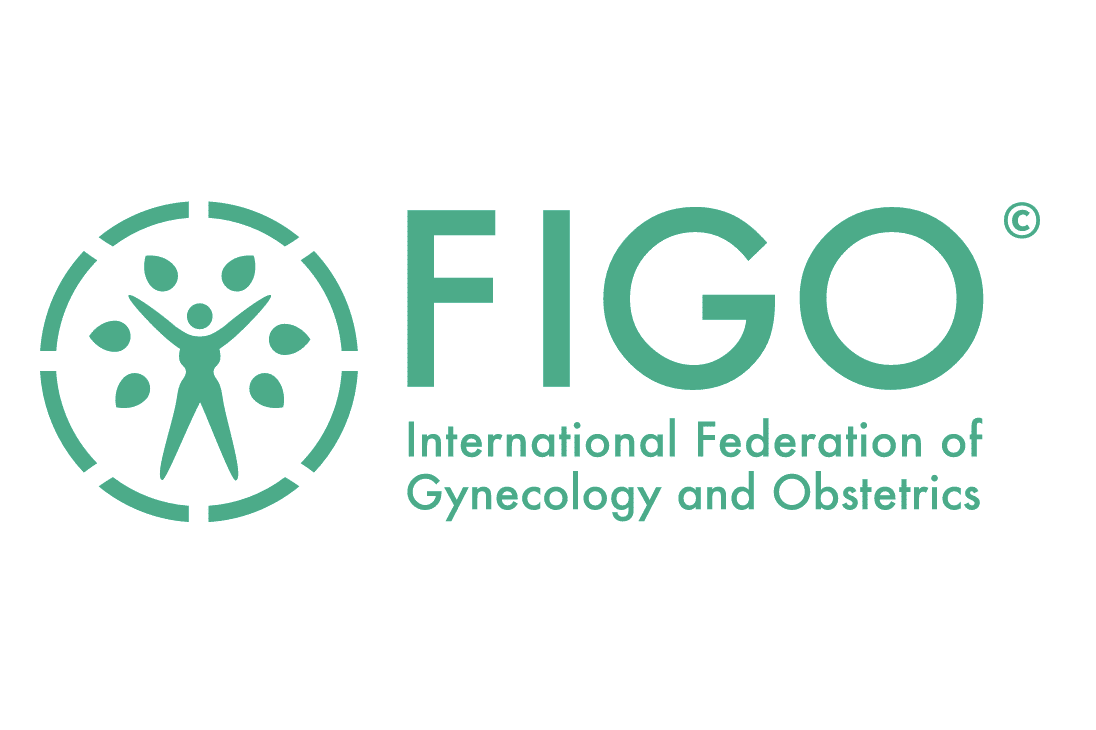

As part of FIGO’s ongoing commitment to advancing sexual and reproductive rights, the FIGO Committee on Safe Abortion would like to commend and highlight the exemplary work of the Royal College of Obstetricians and Gynecologists (RCOG), which has recently issued guidance for healthcare professionals on involving the police following abortion and pregnancy loss.
The guidance is designed to foster a supportive and non-judgmental environment for women seeking care related to abortion, pregnancy loss, or unattended delivery. It emphasises the importance of treating women with dignity, respect and compassion, regardless of their reproductive choices or circumstances.
Denouncing women suspicious of self-terminating their own pregnancies is a harmful but well-known and widespread practice that has even been encouraged in some academic settings. Such practice not only contravenes ethical principles that should guide medical practice but also inhibits the community from seeking health services and sends a message of fear and judgment, all of which result in worsening health outcomes for women and girls, especially those that are most vulnerable, such as the youngest, poorest and less educated.
- In Colombia, research published by La Mesa por la Vida y la Salud de las Mujeres, “la criminalización del aborto en colombia”, showed that after the partial depenalisation of abortion in 2006, the number of denouncements and prosecutions for abortion increased, most of them initiated by health service providers. This mainly affected the most vulnerable population, including those subject to gender-based violence. This study provided pivotal information for the constitutional court while debating the unconstitutionality of criminalising abortion, leading to the ultimate decision to liberalise abortion by request up to 24 weeks.
- In El Salvador, the “las 17” movement, which refers to 17 women who were incarcerated after suffering obstetric emergencies, brought the attention of the world to the great injustices from the practice of denouncing women and facilitated the release of some of them.
Your participation in this initiative would be instrumental in effecting positive change within your healthcare systems and communities. We know that healthcare and reproductive rights operate differently in different national contexts. From RCOG’s example, we suggest the following actions you could take to support safe access to abortion in your country:
- Endorsing and disseminating this guideline among your associates.
- Releasing a statement, encouraging health care workers to refrain from denouncing women in situations of abortion adapted to the particular context of your country, and appealing to the principle of medical privacy.
- Recirculating past statements that your national society has released in the past regarding this issue.
SOURCE: FIGO Blog, by Ivonne Diaz, Director of SRHR Division, and Laura Gil, Chair of Committee on Safe Abortion, 18 April 2024



